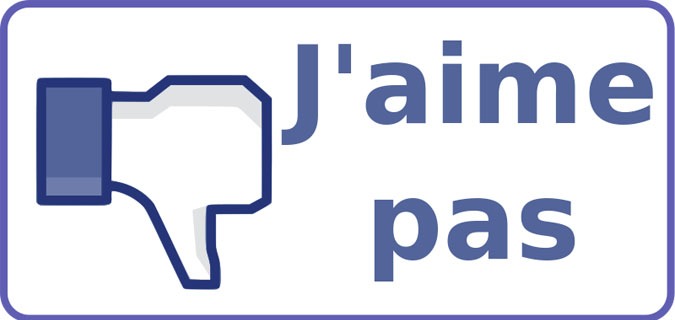Negation in French: How to Use “Ne… Pas” and More
Learn how to form negation in French with “ne… pas” and other expressions like “ne… jamais” and “ne… rien.” A clear guide with examples for learners of all levels.


Negation in French: How to Use “Ne… Pas” and Other Negative Expressions
One of the first things French learners want to do is say “no” or make negative sentences. Fortunately, French negation follows clear patterns, and once you master the basics, you can easily express yourself.
The most common form is “ne… pas”, but French offers many other useful negative expressions like “ne… jamais” (never), “ne… rien” (nothing), and “ne… plus” (no longer). In this guide, we’ll break down French negation step by step with clear rules, examples, and tips.
The Basic Rule: Ne… Pas
The foundation of French negation is “ne… pas.” You place ne before the verb and pas after the verb.
Je parle français. → I speak French.
Je ne parle pas français. → I do not speak French.
This structure works for most verbs.
Negation with Compound Tenses
When you use compound tenses like the passé composé, “ne” and “pas” surround the auxiliary verb (avoir or être), not the past participle.
J’ai mangé. → I ate.
Je n’ai pas mangé. → I did not eat.
Similarly:
Elle est allée. → She went.
Elle n’est pas allée. → She did not go.
Ne… Pas with Pronouns
When pronouns appear, the structure stays the same:
Je le vois. → I see him/it.
Je ne le vois pas. → I do not see him/it.
Here, “ne” still comes before the verb, and “pas” follows it.
Other Common Negative Expressions
French offers more than just “ne… pas.” Here are the most frequent ones:
Ne… jamais (never)
Je ne regarde jamais la télé. → I never watch TV.
Ne… rien (nothing, not anything)
Il ne comprend rien. → He understands nothing.
Ne… personne (nobody, no one)
Je ne vois personne. → I see nobody.
Ne… plus (no longer, not anymore)
Elle ne travaille plus ici. → She no longer works here.
Ne… que (only) – Note: This is a restrictive expression, not strictly negative.
Il n’a que 10 euros. → He only has 10 euros.
Ne… aucun/aucune (not any, none)
Il n’a aucune idée. → He has no idea.
Negation in Spoken French
In everyday conversation, French speakers often drop the “ne” and keep only the second part:
Je (ne) sais pas. → I don’t know.
Il (ne) vient jamais. → He never comes.
This is extremely common in spoken French, especially with familiar verbs like savoir (je sais pas).
⚠️ But remember: in writing, especially for exams or formal contexts, always use both parts (ne… pas).
Word Order with Infinitives
When negation is used with an infinitive, both parts surround the verb:
Je préfère ne pas sortir. → I prefer not to go out.
Il choisit de ne rien dire. → He chooses to say nothing.
Negation with Reflexive Verbs
If the verb is reflexive, “ne” comes before the reflexive pronoun, and the second part comes after the verb:
Je me lève. → I get up.
Je ne me lève pas. → I do not get up.
In passé composé:
Je me suis levé. → I got up.
Je ne me suis pas levé. → I did not get up.
Practical Tips for Learners
Always spot the verb first. Place “ne” before it and “pas/jamais/rien/etc.” after it.
Practice with short sentences. Start with “Je parle” and negate it with different expressions.
Listen carefully. Native speakers often drop “ne,” but exams and writing require full forms.
Learn fixed expressions. Phrases like Je n’en peux plus (I can’t take it anymore) are common in daily life.
Don’t confuse “ne… que.” Remember, it means “only,” not true negation.
Conclusion
Negation in French might look complicated at first, but it always follows clear rules. Start with “ne… pas” as the foundation, then add expressions like “ne… jamais,” “ne… rien,” and “ne… plus” to expand your vocabulary.
With practice, you’ll be able to form negatives naturally in conversation and writing. And remember, in real-life spoken French, people often drop the “ne”, so don’t be surprised if you hear “j’sais pas” instead of “je ne sais pas.”
Mastering negation will give you more confidence and freedom when speaking French — because sometimes, saying no is just as important as saying yes.